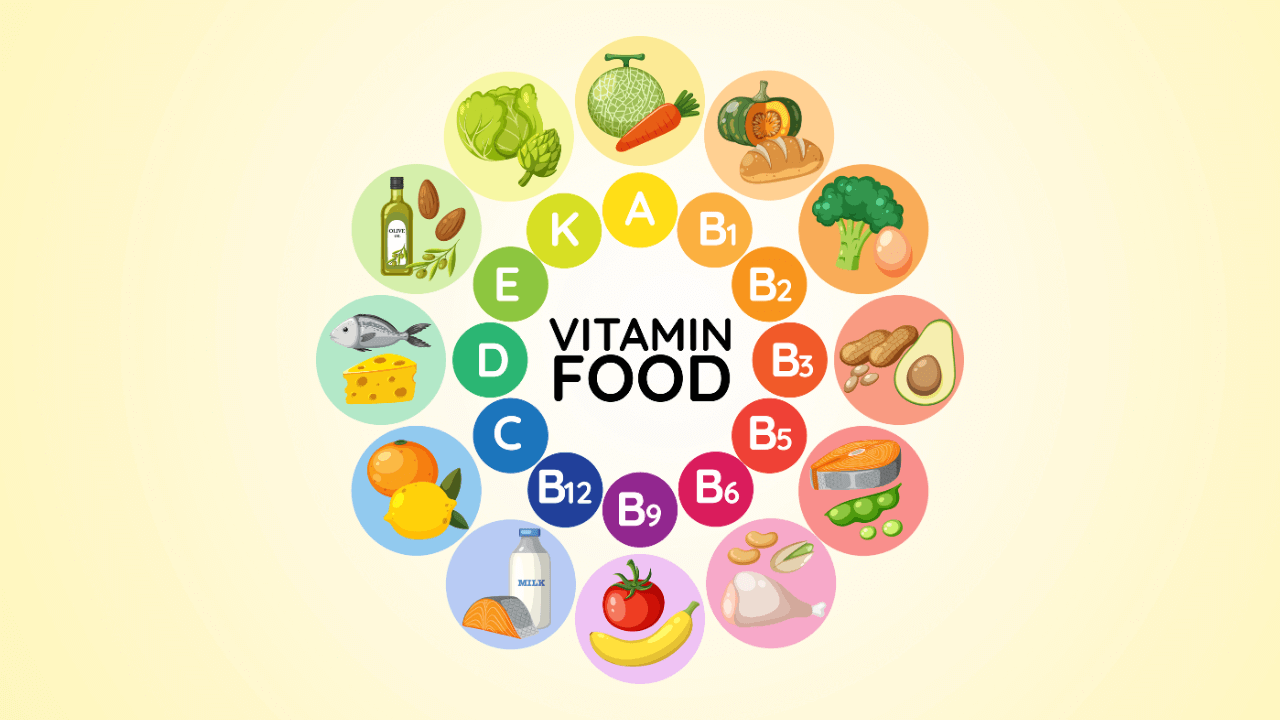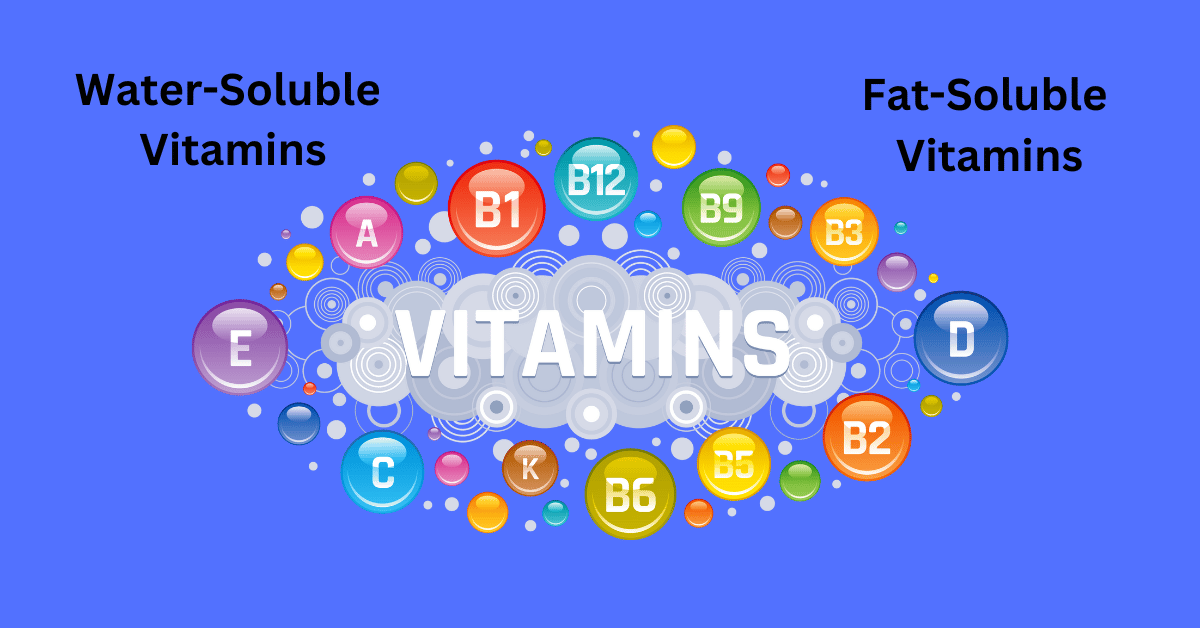In the realm of nutrition, vitamins play a starring role. These organic substances, crucial for our health and well-being, are required in small amounts but pack a significant punch. This comprehensive guide dives into the different types of vitamins, their immense multivitamin benefits, and how to incorporate them into your diet, be it through natural vitamins or multivitamin tablets. We’ll explore the intricate dance of vitamins in our bodies and how they contribute to our overall health.
The Essential Role of Vitamins
Vitamins are vital for numerous physiological processes. From supporting immune function to aiding in the repair and growth of tissues, these micronutrients are essential players in maintaining our health. Each vitamin has a specific role, and a deficiency in any one of them can lead to health complications.
Types of Vitamins and Their Functions

- Vitamin A: Essential for vision, immune function, and skin health.
- Vitamin C: Known for its antioxidant properties and role in collagen production.
- Vitamin D: Crucial for bone health and immune system support.
- Vitamin E: Acts as an antioxidant, protecting cells from damage.
- Vitamin K: Important for blood clotting and bone metabolism.
The B-Vitamin Complex includes:
- Thiamine (B1): Aids in energy metabolism and nerve function.
- Riboflavin (B2): Important for energy production and skin health.
- Niacin (B3): Supports digestive health, skin, and nerves.
- Pantothenic Acid (B5): Vital for food metabolism.
- Pyridoxine (B6): Essential for brain development and immune function.
- Biotin (B7): Supports healthy hair, skin, and nails.
- Folate (B9): Key for cell division and pregnancy.
- Vitamin B12: Necessary for nerve tissue health and blood cell production.
The Importance of Meeting Daily Intake Recommendations
Ensuring that you meet the recommended daily intake of each vitamin is key to maintaining good health. This can be achieved through a balanced diet rich in various food sources.
Top Dietary Sources of Vitamins
- Fruits and vegetables for Vitamins A, C, and E.
- Dairy products and sunlight for Vitamin D.
- Leafy greens and meats for Vitamin B complex and K.

Addressing Deficiencies and the Role of Multivitamin Supplements
In cases where dietary sources are insufficient, multivitamin tablets can be a convenient way to fill the gaps. Consulting a healthcare professional is essential before starting any supplementation.
Understanding Nutrient Interactions and Absorption
It’s important to understand how different vitamins interact and how factors like age, health status, and medications can affect vitamin absorption.
The Power of Natural Vitamins in Everyday Foods
Incorporating a wide range of natural vitamins through diverse food choices ensures a well-rounded intake of these essential nutrients.
Multivitamin Benefits: A Convenient Nutritional Insurance
While multivitamin tablets should not replace a balanced diet, they offer a convenient way to ensure you’re getting a wide range of vitamins regularly.
Conclusion
Vitamins are the unsung heroes of our health, quietly working behind the scenes to keep us functioning at our best. Whether you choose to obtain your vitamins through natural foods or supplements, understanding their importance is the first step towards a healthier, more vibrant you.
References
Tsugawa, N., & Shiraki, M. (2020). Vitamin K nutrition and bone health. Nutrients, 12(7), 1909.







